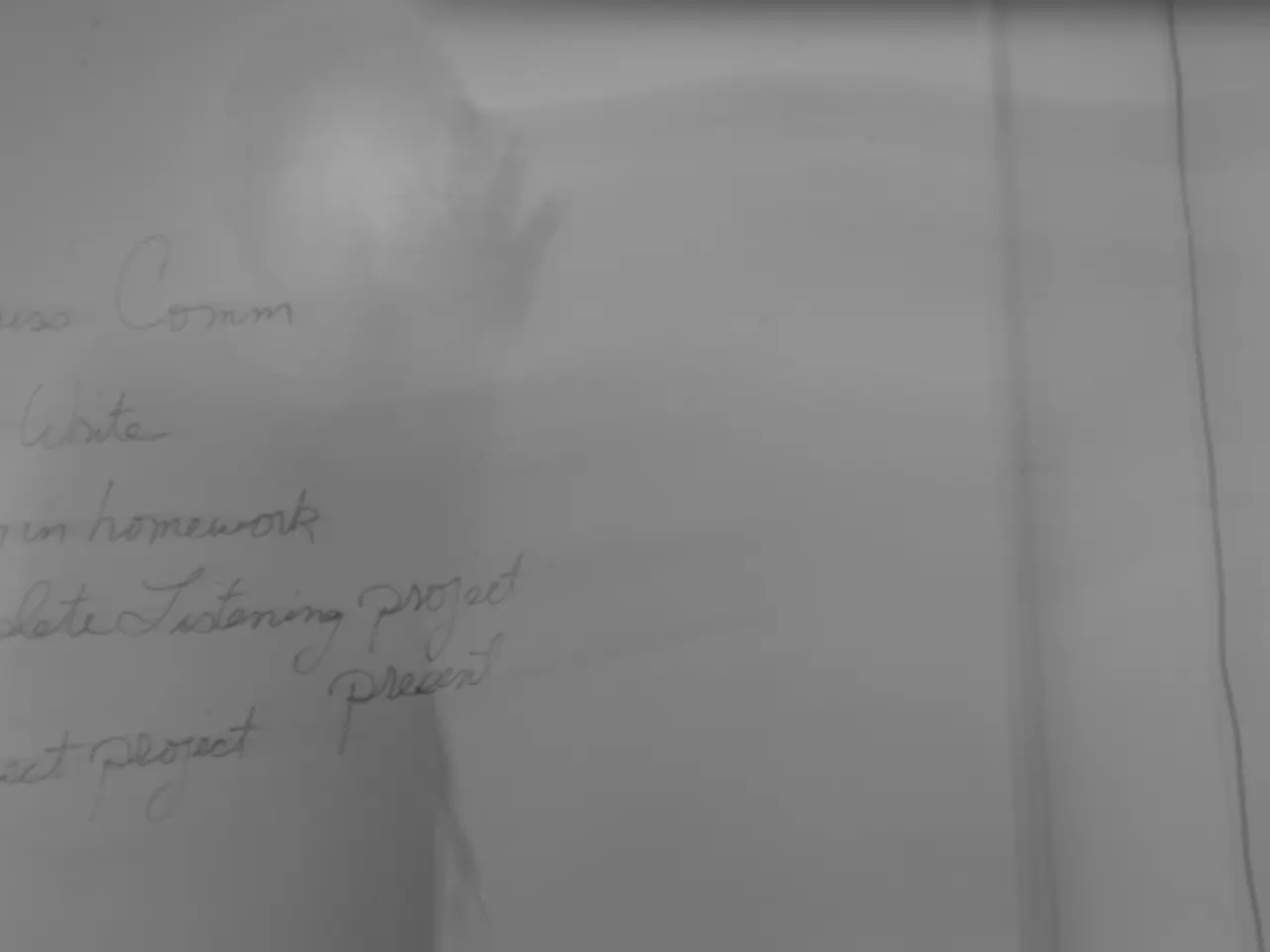Wealthy Individuals Have Increased Involvement in Pension Funding, According to VdK
In a bid to combat old-age poverty and ensure a more equitable pension system, the German Institute for Economic Research (DIW) has proposed a new initiative called the "Boomer-Soli." This plan aims to redistribute wealth from richer retirees to their financially disadvantaged counterparts.
The "Boomer-Soli" proposal, also known as the "Boomer solidarity levy," suggests that wealthier retirees should pay an additional 10% levy on their retirement income, which includes statutory pensions, occupational pensions, and private pensions. However, this levy would not apply to the first €1,000 of monthly income.
DIW President Marcel Fratzscher defends the proposal, stating that wealth should not be taxed additionally. Instead, he argues that the levy would help stabilize future generations' pensions and ensure a long-term redistribution of pension claims.
VdK President Verena Bentele, a vocal advocate for the plan, urges wealthier individuals to contribute more financially to the funding of social systems. She warns that the federal government should no longer ignore higher inheritance taxes or wealth taxes due to the increasing financing gap in the pension system.
Bentele points out that those who earn little, are sick, care for relatives, or raise children currently pay double – first with a patchy employment biography and later with a low pension. She believes that measures such as the basic pension or care credits are not sufficient to effectively reduce social inequalities in old age.
Max Blesch, a DIW expert, explains how the redistribution is supposed to work. He explains that the "Boomer-Soli" would indirectly benefit younger generations by preventing ever-higher taxes and contributions.
However, the proposal has drawn criticism from some quarters, with critics viewing it as punitive and potentially undermining trust in the pension system. They argue that it might not effectively address broader structural issues.
This debate reflects broader discussions about pensions and intergenerational equity, as Germany, like many other countries, faces challenges in ensuring the long-term viability of its pension system due to demographic changes and economic pressures.
[1] German Institute for Economic Research (DIW) [2] VdK (Association of German Welfare Organisations) [3] Pension financing in Germany [4] Intergenerational fairness in pension financing
- The "Boomer-Soli" proposal, a redistribution initiative from the German Institute for Economic Research (DIW), suggests wealthier retirees should pay a 10% levy on their retirement income, including statutory pensions, occupational pensions, and private pensions, to help finance social systems and ensure a more equitable pension system.
- VdK President Verena Bentele emphasizes the importance of wealthier individuals contributing more to pension financing, challenging the government to consider higher inheritance taxes or wealth taxes to close the financing gap in the pension system, as the "Boomer-Soli's" indirect benefits to younger generations could prevent ever-increasing taxes and contributions.




